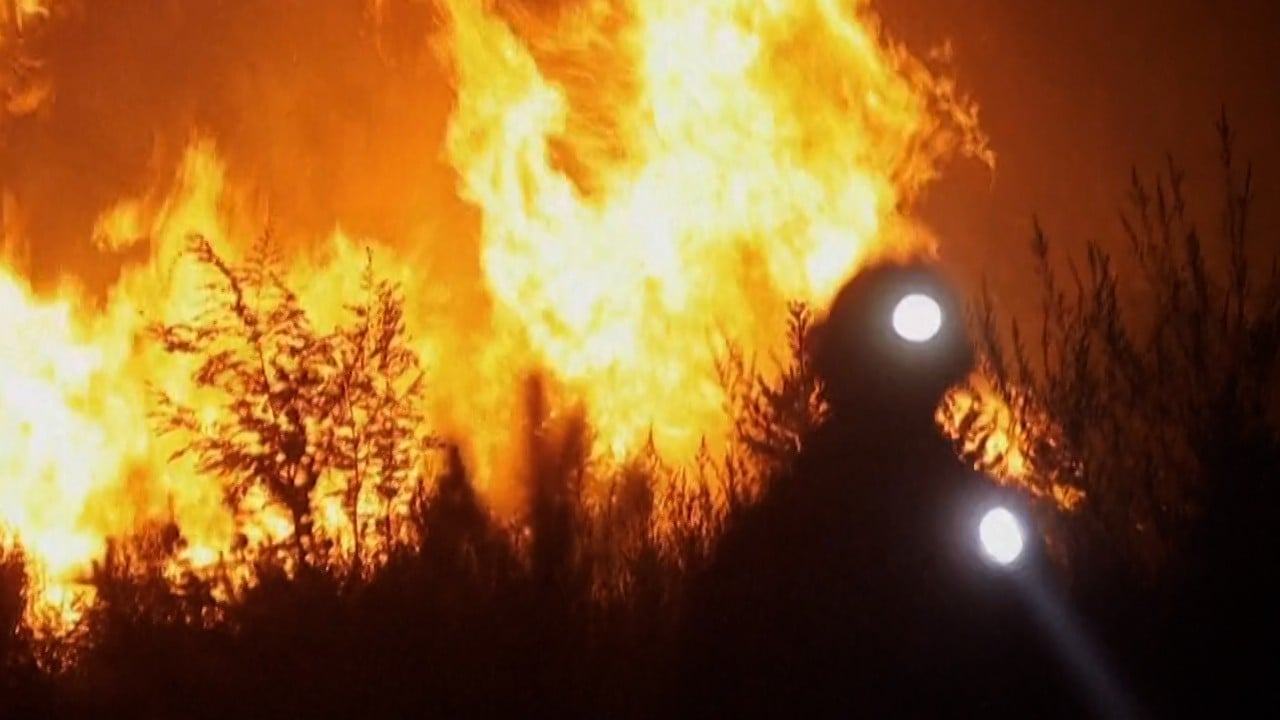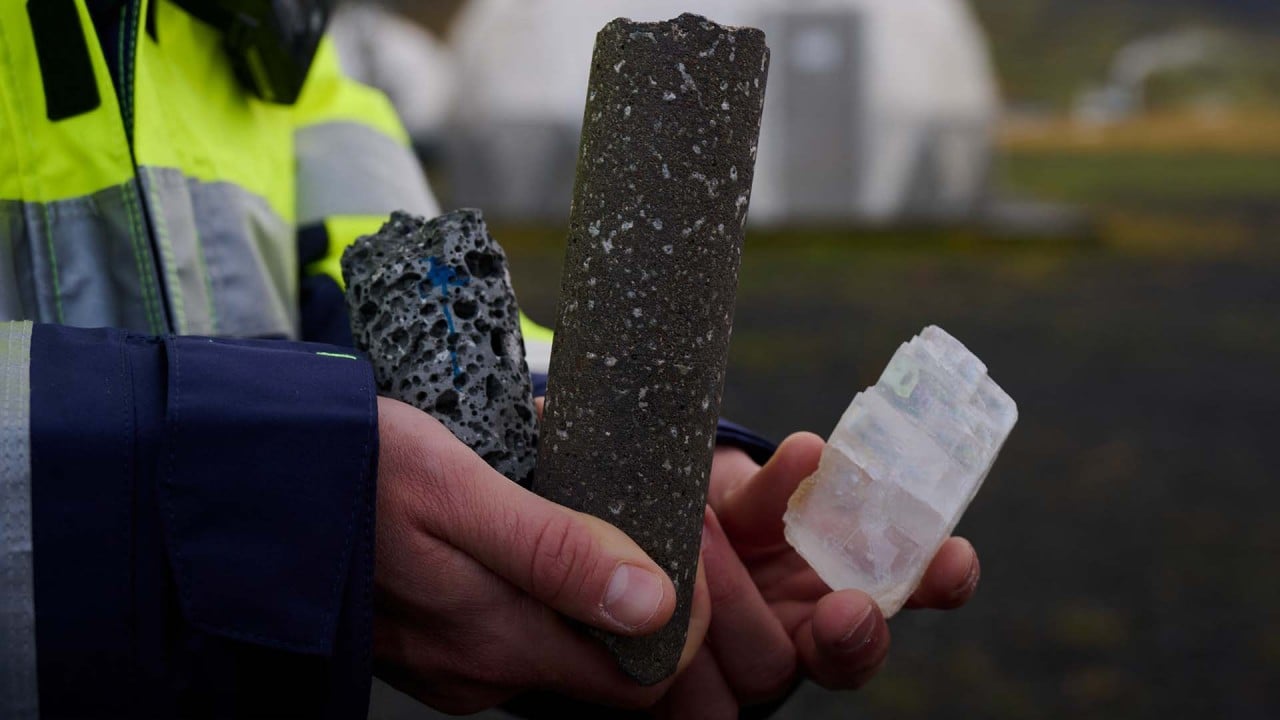How can a universal challenge such as global warming possibly be met by anything other than a coordinated global response? The logical answer is that it can’t, but logic stands little chance against politics and nationalism.
It would be comical, were it not potentially tragic, that we are entering an existential battle – that’s not too strong a term – against climate change with no clear idea of how much it’s going to cost, who’s going to pay and who’s in charge.
It’s a fearsomely complex battle, requiring strong and clear leadership, which is precisely what it lacks. Yet how can we win the battle when everyone has their own ideas on how to fight it and there is no commander in the field?
It’s assumed that the major powers that spend much of their time now in a state of near-war are able to declare a truce to face what is, for now, the limited front of climate change and to cooperate in the interests of humanity.
The competitive, rather that cooperative, approach that characterises our way of dealing with climate change is nowhere more apparent than in the area of finance. A lack of realism prevails, as Dubai yet again demonstrated.
Cop28: War on climate change must transcend all other conflicts
Cop28: War on climate change must transcend all other conflicts
How can we possibly have a realistic assessment of how much the fight against global warming is going to cost if we lack a global authority to discuss and decide upon which of the many approaches to the problem is best?
Just what is involved in the battle is rarely, if ever, set out clearly for the benefit of the people (ourselves) who are going to have to finance it. This suggests the issue has not been properly thought through by national leaders.
It is easy to cry “ban all fossil fuels” and “a plague on all their houses” about oil companies and coal producers but much harder to devise realistic ways in which a clean and green revolution can be brought about in the real world.
Supposing that we (meaning the world’s major powers) were able to set aside national differences and set up even an ad hoc global authority to decide and price the best way to counter climate change, how do they finance it?
How multilateral development banks can free up billions of dollars
How multilateral development banks can free up billions of dollars
Such sums can only come from our savings, which are entrusted to pension funds, insurance companies, mutual funds and the like, and invested in stock markets. But that will require new listed investment vehicles dedicated to financing the climate change fight.
Either that or having multilateral development banks, such as the World Bank and regional development banks, issue securities into which savings can be directed. Whichever way, the world needs to get real and serious about the climate issue.
Anthony Rowley is a veteran journalist specialising in Asian economic and financial affairs



